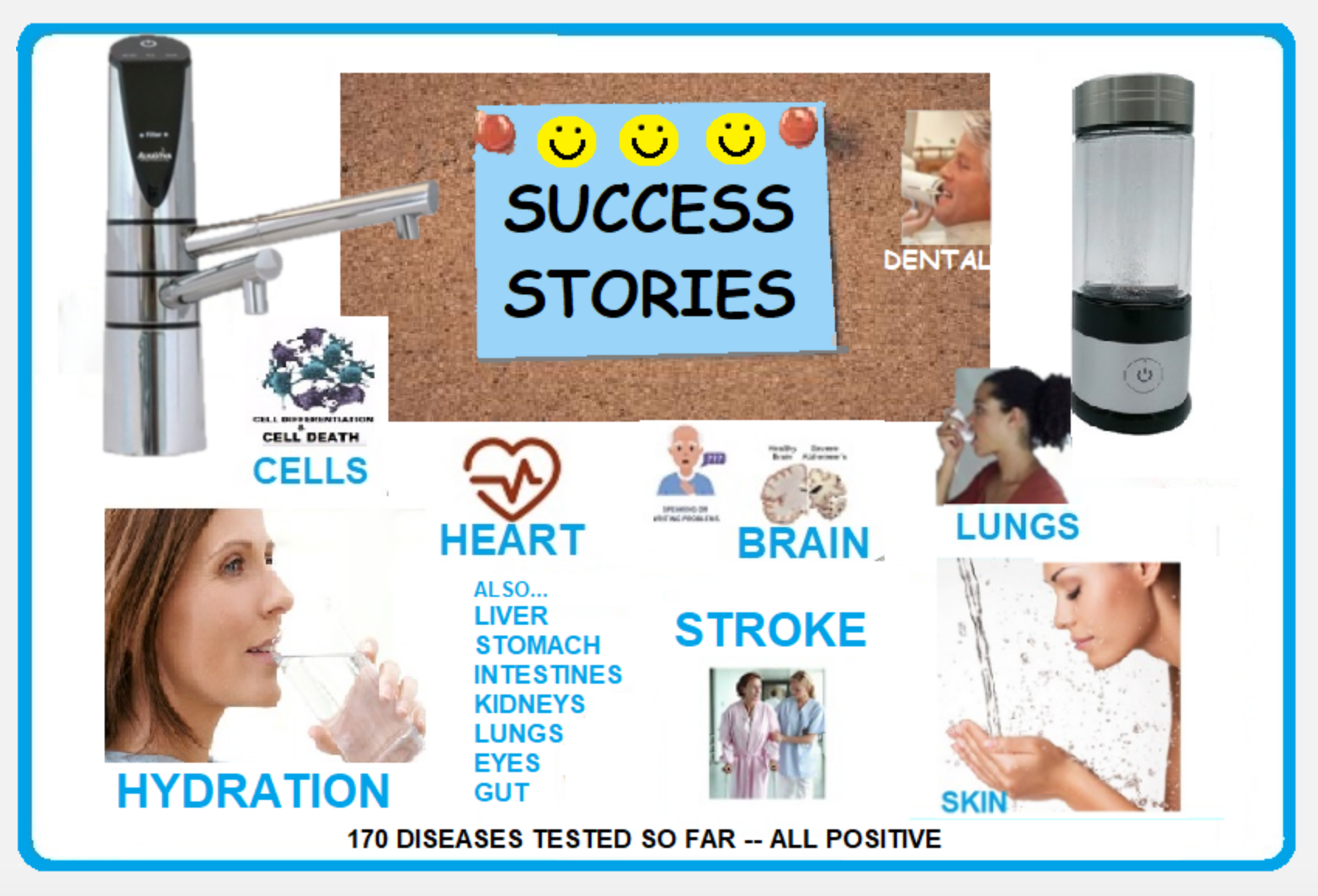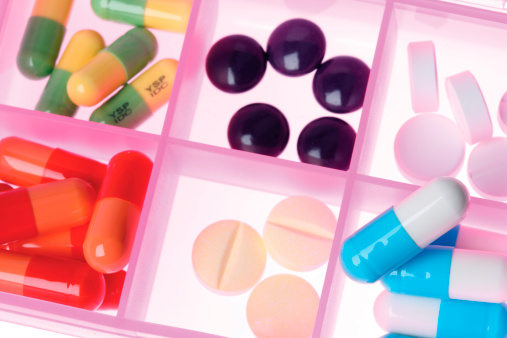
Alkaline Water Plus
Are there really any benefits to drinking alkaline water?
New report finds that recalled supplements containing hidden drugs are still available for purchase online.
Before you reach for that supplement to boost your health, consider this recent medical journal report that found a significant number of supplements that have been recalled in the past few years are still on the market and contain hidden drugs.
A report published in the Journal of the American Medical Association found 10 percent of supplements that were recalled between 2009 and 2012 were still available for purchase and a majority of them contained pharmaceutical drugs.
Manufacturers and distributors of dietary supplements do not need FDA approval before marketing a product but are legally responsible for selling safe products that are not adulterated with pharmaceuticals. If a supplement does contain active pharmaceutical ingredients then the FDA can deem them unapproved drugs and misbranded. Almost half of all Class I recall: a situation in which there is a reasonable probability that the use of or exposure to a violative product will cause serious adverse health consequences or death drug recalls since 2004 involved dietary supplements that contained banned pharmaceutical ingredients, the report said.
The report reviewed 247 recalled supplements and found that consumers could still purchase 10 percent of them six months or more after the recall. Of these, 67 percent contained one or more hidden pharmaceutical drugs, typically the same drug that prompted the initial recall. Some of the supplements still sold online contained additional drugs as well.
Specifically, the study found:
The researchers called for changes to laws to give the FDA more enforcement powers and for more aggressive enforcement of current laws.
In a statement to TINA.org, an FDA spokesperson said the agency faces several challenges to prevent the adulterated supplements from being marketed.
The supply chain for these products is extremely fragmented; one product manufactured by an unknown company overseas may be sold by dozens of different distributors in the U.S. The individuals and businesses selling these products generally are difficult to locate, operate out of residential homes, and distribute via internet, small stores, and mail. Products are shipped through the (I)nternational mail facilities and are often misdeclared as unrelated goods to avoid detection. Even after recall and enforcement action against one major distributor, the product may continue to be widely sold.
Given all these issues, before taking a supplement you should probably check to see if it is on the FDA list of recalled products. Check with your physician before taking any health-related supplements. And read up on supplements. The FDA offers tips here. TINA.org’s continuing coverage of supplements can be found here.
Are there really any benefits to drinking alkaline water?
This year reader tips led to dozens of ad alerts, as well as a complaint to regulators.
Supplement MLM takes down dozens of deceptive claims following TINA.org investigation.


